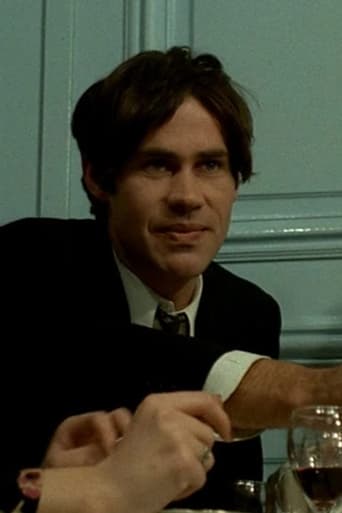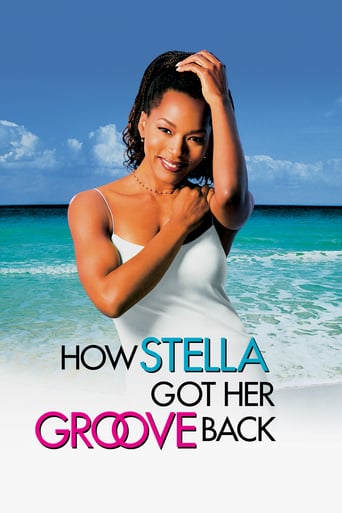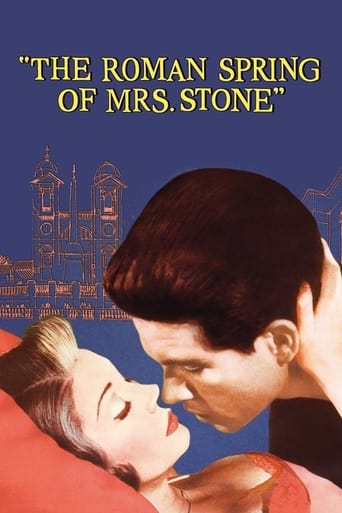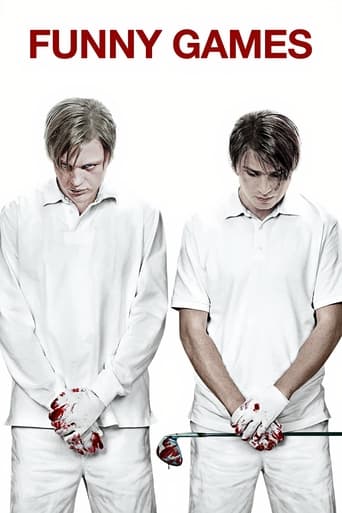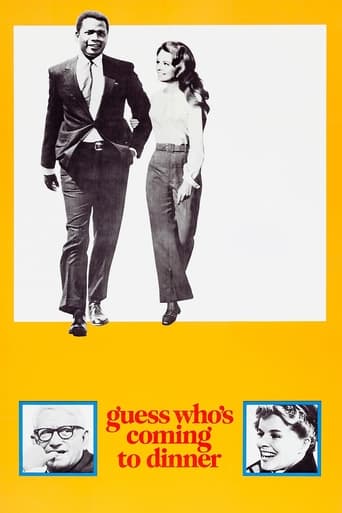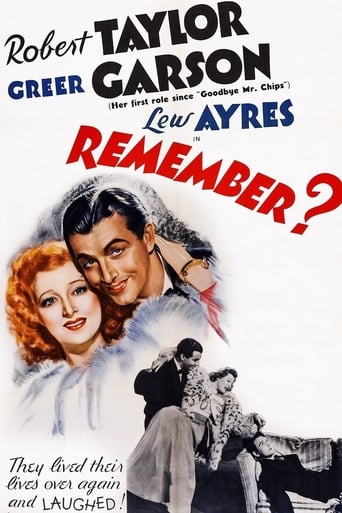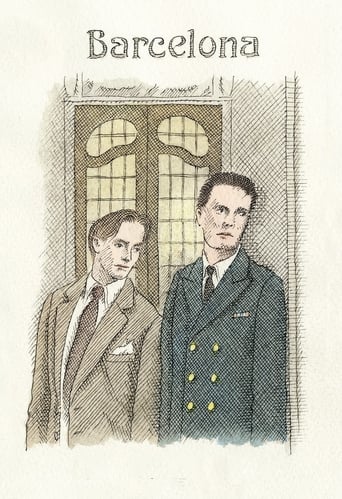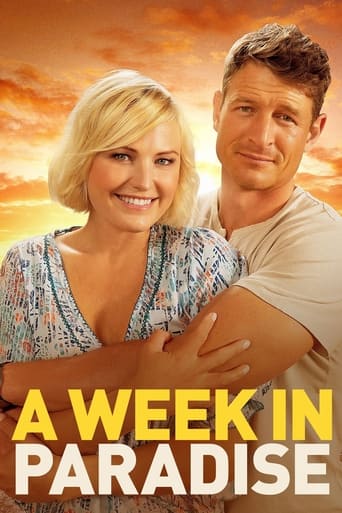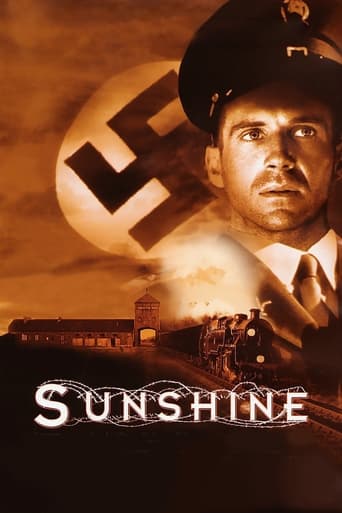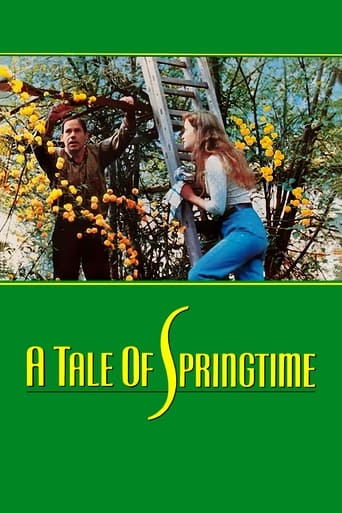
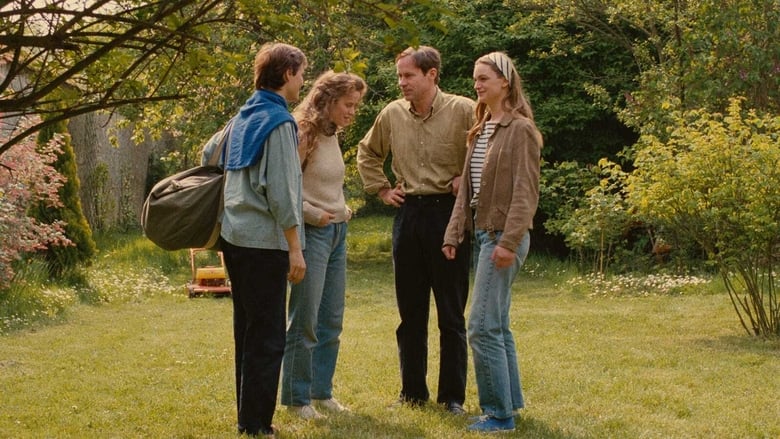
A Tale of Springtime (1992)
The story of an introverted young girl just reaching adulthood who takes a liking to an older woman she meets at a party and determines to match her off with her father, despite the latter's already having a lover of his own.
Watch Trailer
Cast
Similar titles

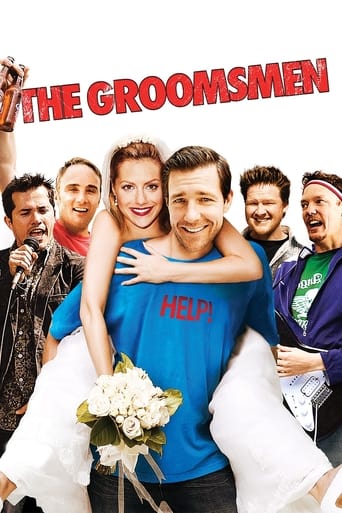
Reviews
Very very predictable, including the post credit scene !!!
Very Cool!!!
Great movie. Not sure what people expected but I found it highly entertaining.
This is one of the best movies I’ve seen in a very long time. You have to go and see this on the big screen.
When the story begins, Jeanne is at a party where she meets Natacha. They talk for a bit and Jeanne mentions how she is temporarily unable to use her apartment and she hates to stay at her boyfriend's place when he is away. Soon, Natacha asks Jeanne home and she agrees. The two seem to get along just fine, though as the story progresses, it seems that Natacha has some serious issues with women--in particular, he mother and her father's girlfriends (the parents are divorced). It also seems possible that Natacha has a plan--to try to get her new friend Jeanne and her father together.While I do not expect films to have happy endings, I do expect that by the end there would be some sense of resolution or at least an indication as to where the story would go. However, in "A Tale of Springtime", the film just seems to end--and this frustrated me to no end. This is because the film really had some fine acting, nice camera-work and the basic things needed for an interesting story...but then, nothing! It's a shame, as with a more well-defined ending, I would have scored this one a 7 or even 8. The basic story was very nice--it just seemed like when they ran out of film, they just ended the story! And, with several important points unresolved, it was a bad way to end it.
Artistic tastes are entirely subjective, so I'll start by mentioning some of my favourite directors, and if they're your faves too, then read on. Otherwise, just skip my entire review.Robert Bresson, Krzysztof Kieslowski, Akira Kurosawa, Bela Tarr, Wim Wenders. And when he's not annoying the living crap out of me, I really like Werner Herzog.I neither liked nor disliked "Tale of Springtime" but was left feeling unfulfilled. Other reviewers have criticized this film for being "boring", "slow" and "plotless". You won't hear that from me. On the contrary, I thought the mood and pacing were perfect. The big problem: it never delivered anything worth justifying the effort of watching. And I don't mean car chases and spaceships; I mean something of philosophical value.This movie drew me in with literary and philosophical teasers implying that the film would attack the grand questions of existence. It begins with an air of mystery (no dialogue for the first 4 minutes) and a teaser about some dark unknown truth about the main character, a philosophy professor; when she finally speaks, she muses about how an invisible person--the bearer of Plato's ring of Gyges--would probably be struggling to piece together the unusual events surrounding her life. We are repeatedly given hints of her guarded secret love-life (a lover's apartment which she is afraid to visit), her violent temper which she repeatedly warns people about, discussions of Plato, Kant, transcendentalism, anything & everything indicating that some substance would follow.I felt totally cheated upon slowly realizing that the protagonist is absolutely average, her life uneventful, and the only grand philosophical question attacked is whether she should kiss her friend's father. Boo. Note to filmmakers: do NOT allude to Plato's ring of Gyges (several times) unless you plan to back it up! That's like opening a film with Beethoven's 7th Symphony, then turning the rest of the film into a campy scifi flick about sex in the 22nd century. Oh wait, John Boorman actually did that in "Zardoz".I would contrast this film against Bela Tarr's "Werckmeister Harmonies" which, similarly, follows the life of a mysterious lone protagonist & forces us to unravel his life in cryptic vignettes. As in Tale of Springtime, in Werckmeister we also get teasing doses of philosophy to pique our interest. The difference being in Werckmeister the philosophy is profound, pervasive and relevant to the story and setting, and, though painfully slow at times, Werckmeister gives the audience a powerful thought to chew on after the credits roll.This is the third Rohmer film I've seen, and I think I have to conclude that he's not for me. Elements of this film are like Kieslowski whom I adore, but this film doesn't pack the same haunting depth as, say, "Decalogue" or "Trois Couleurs". Elements of this film are like Wim Wenders whom I also adore, but here we lack the satisfying payoff and poetic closure like in "Paris, Texas", "End of Violence" or "Don't Come Knocking". In short, this film has all the style & art of Kieslowski, Wenders & the aforementioned master directors, but none of the guts.By the way, I actually liked "Zardoz"!
This is not my favourite of the 4 Season's tales - I prefer both Autumn and Summer to this one. And it is almost a master class in deficiencies in the British education system, when the main characters can (very convincingly) argue the differences between Kantian perception over lunch, and when Jeanne, the teacher, defends philosophy at secondary school as teaching you how to live. And indeed she seems to be fine with a rather strange situation, being essentially courted by a daughter on behalf of her father (and in fact Rohmer takes up this theme again in Autumn when a woman does date someone as a proxy for her friend). It is a film that requires slow contemplation and which doesn't open up its secrets easily - rather like the location of the necklace, the Hitchcockian MacGuffin which is but a pretext for the poisonous atmosphere between the two girls and whose eventual revelation changes nothing in the basic situation.
Clever, witty, tasteful, bloodless. Although sex seems to be on everyone's mind in this post-modern tale, only Beethoven, Schubert, and Schumann provide any passion in a film that reminds me more of Satie's witty piano doodles.

